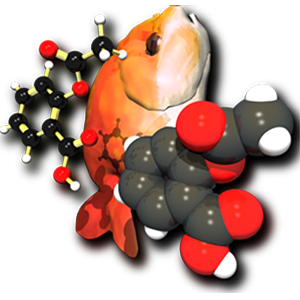Introduction of ADE
Adverse drug event (ADE) is defined as an injury during medication administration related to medicine, which predicts hazard from future administration and warrants prevention or specific treatment, or alteration of the dosage regimen, or withdrawal of the product.
Three concepts about adverse effect
1. Adverse effect encompasses all unwanted effects, it makes no assumptions about mechanism, evokes no ambiguity, and avoids the risk of misclassification. 2. Toxic effect is one that occurs as an exaggeration of the desired therapeutic effect, and which is not common at normal doses. 2. Side effect is related to the pharmacological properties of the drug.
Differences among three concepts
"Adverse reaction" and "adverse effect" are interchangeable, except that an adverse effect is seen from the point of view of the drug, whereas an adverse reaction is seen from the point of view of the patient. "Adverse effect" and "adverse reaction" must be distinguished from "adverse event". An adverse effect is an adverse outcome that can be attributed to some action of a drug. An adverse event is an adverse outcome that occurs while a patient is taking a drug, but is not or not necessarily attributable to it.
The harm of ADE
ADEs lead to an enormous amount of morbidity and mortality. Previous studies showed that about 6% of patients were hospitalized due to ADE in the U.S., and ADEs caused 197,000 deaths in Europe per year. The more People usually take medicines as they age, the more the risk of adverse events may take place. The good news is the most of ADEs are preventable.



